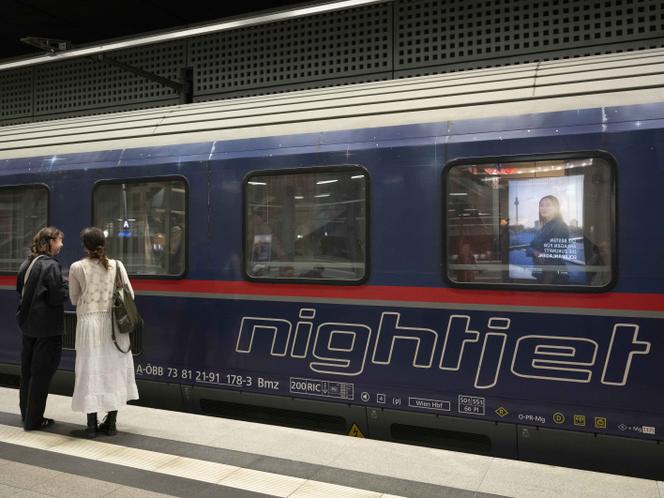

Paris-Berlin and Paris-Vienna night trains under threat as the French government withdraws subsidies

No one at the Ministry of Transport or at the SNCF has wanted to officially confirm the news, but the Paris-Berlin and Paris-Vienna night trains have reached the end of the line. The Paris-Berlin route was relaunched to great fanfare less than two years ago, promoted as a symbol of the revival of slow, environmentally friendly travel. The Paris-Vienna service had been revived two years prior. Neither has survived the recent budget cuts and the government's decision to halt subsidies, nor have they overcome their lack of profitability.
Both routes were operating at a loss, as are other night trains, Intercités (long-distance trains) and TER (regional trains). The French state or regional governments traditionally offset the difference between ticket revenue and operating costs using various mechanisms. In this case, though, the SNCF ran the services, working with its German and Austrian partners, Deutsche Bahn and ÖBB, with the latter supplying the night trains − a rarity in Europe.
By nature, these trains are extremely difficult for rail operators to make profitable. Operators point out that the rolling stock can only be used once every 24 hours – compared to more than four times a day on average for a TGV high-speed train – and that there are fewer seats to sell than on standard trains, all while operating costs are higher.
You have 72.23% of this article left to read. The rest is for subscribers only.
